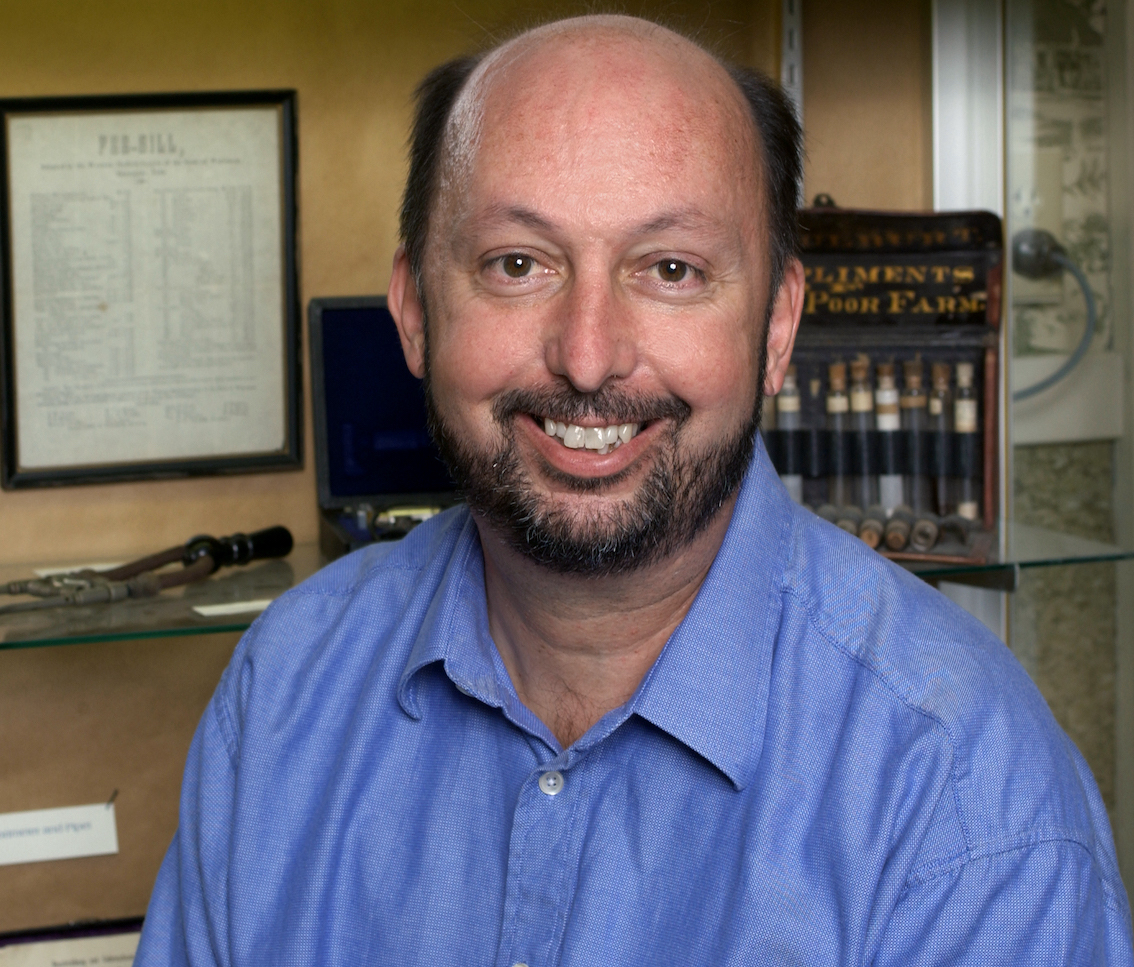The prestigious Australian Academy of Health and Medical Sciences (AAHMS) has called for researchers to step up to the challenge of climate change.
In its document, Climate change: an urgent health priority, the Academy says health and medical researchers can help advance knowledge of the “direct and indirect health impacts of climate change”.
The Academy said direct health impacts linked to climate change range from respiratory and cardiovascular illness to heat stroke, heat stress and shifting patterns of food-, vector-, air- and water-borne diseases.
Indirect health impacts of climate change may present even more far-reaching risks to human health and wellbeing.
“Global warming will imperil water availability, food security, access to healthcare and housing, employment and economic stability, especially among those living in disadvantaged circumstances within Australia and in the Indo-Pacific. Mental health consequences will likely follow from all these outcomes.”
“A well-defined, quick, and staged path to a net-zero world is therefore needed to ensure the health and wellbeing of all Australians,” it said.
It said the health and medical research sector had a responsibility to promote recognition of the issues amongst decision-makers, within their institutions, and to the public.
Recognising that the health impacts of climate change cannot be addressed in isolation, it called for cross-sector, interdisciplinary and ecological research.
“Direct and indirect health improvements will derive from better air-quality, increased access to green spaces, sustainable transport systems, foresightful building planning and clean-energy work environments.”
“In addition, communicating and conducting further research on the health co-benefits of just transitions towards renewable energy systems should be prioritised.”

Professor Warwick Anderson
Professor Warwick Anderson, from the University of Sydney and co-chair of the Academy’s Climate Change and Health Steering Committee, told the limbic that there was slowly beginning to be a shift of focus towards climate action.
The AAHMS statement followed $10 million in research funding announced late last year by Health Minister Greg Hunt through the NHMRC Special Initiative in Human Health and Environmental Change.
“More research is obviously necessary as the situation evolves and that is clearly going to be very important to inform our decisions but we do emphasise that enough is known already to recognise this as the major health threat to humanity.”
“As the World Health Organisation said late last year, climate change is the greatest threat to human health, and they said that in the middle of a pandemic of course.”
Professor Anderson said what was needed was policy vision and direction along with a set of incentives to do this research.
“I can’t speak for the Academy here, but many of us in the Academy hope that through this statement we can help reset the debate in Australia and get people to recognise that this isn’t just a problem in the future, this is a problem now — as if we wouldn’t have recognised that through the flooding and bushfires and so on.”
He said the process of developing the evidence-based statement began in early 2020 and included four expert roundtable workshops.
“The actual final statement was put together late last year and a few things have moved on since then. We want to reset the political debate so that all parties recognise the imminent threat from climate change.”
“What we want is bipartisan or multipartisan recognition of the threat and have that addressed not just in terms of more research — we think that is absolutely necessary — but more particularly to add momentum to real action against global heating.”
The Academy said climate change will disproportionally affect people living in disadvantaged circumstances and compound the impact of existing health disparities.
“Socioeconomic disadvantage, Indigeneity, age, race, gender, and disability are key intersections between social vulnerability, health, and climate.”
In one of four priority actions, the Academy said the health and medical research sector should collaborate with First Nations communities and experts to learn from Indigenous knowledge practices.